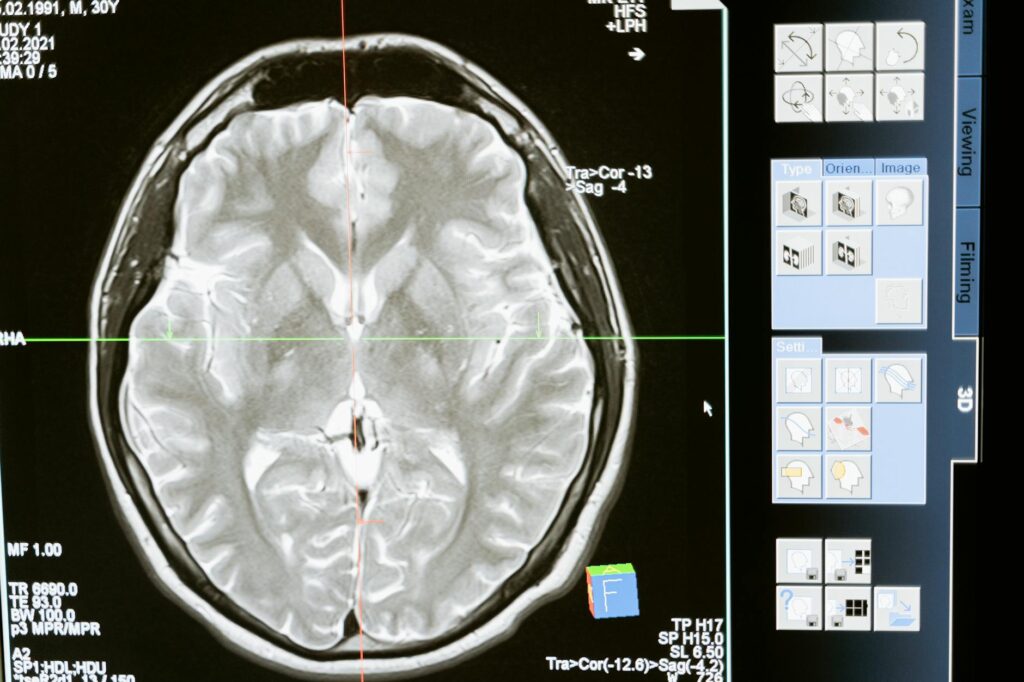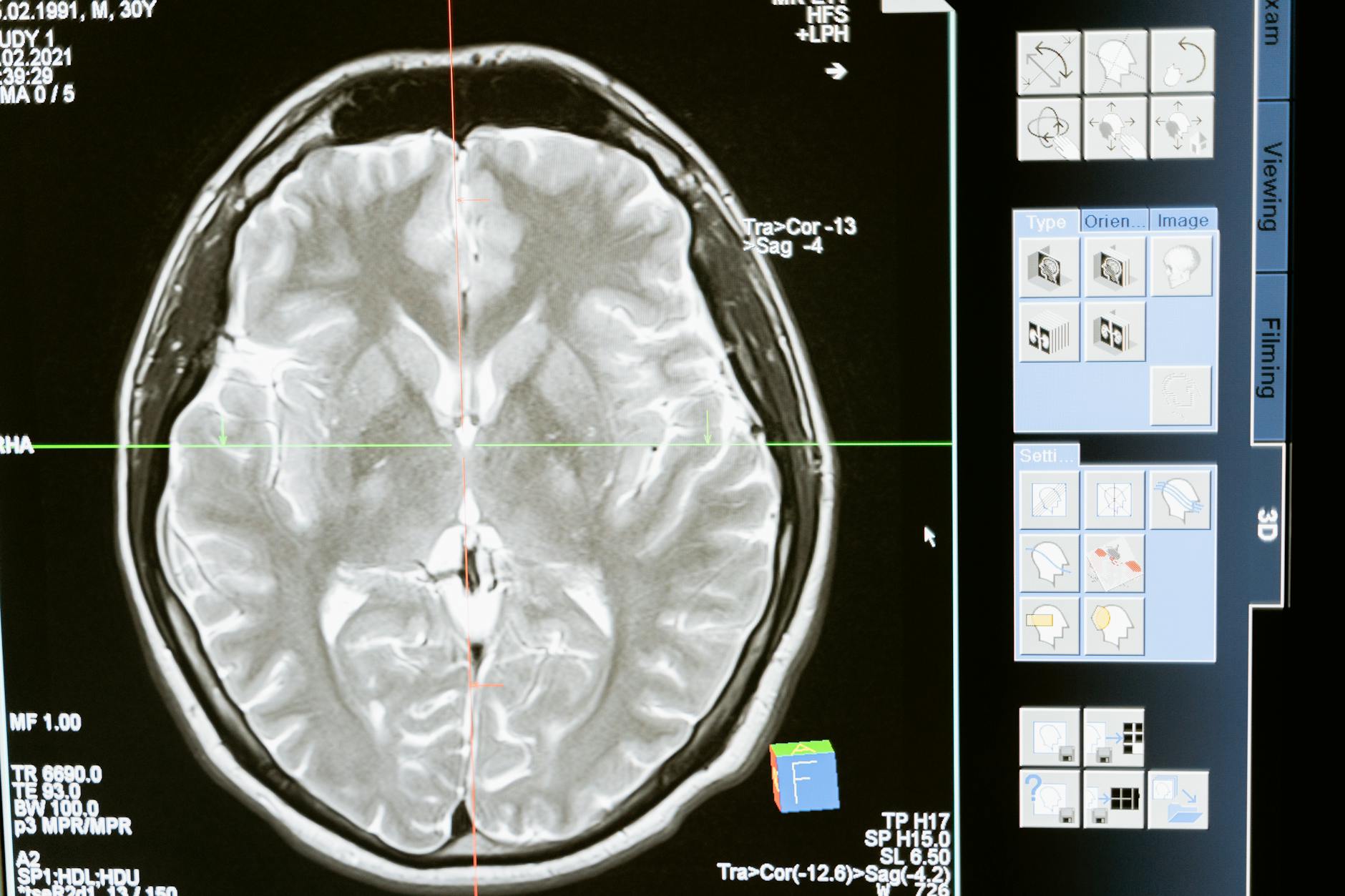What is neurological assessment?

What is Neurological Assessment?
Neurological assessment is a crucial process that evaluates the nervous system’s health and function. This assessment plays an essential role in diagnosing and treating various neurological conditions, such as strokes, multiple sclerosis, and neurodegenerative diseases. By understanding the nuances of a neurological assessment, you can gain insights into your cognitive health and overall well-being.
Understanding Neurological Assessment
A neurological assessment is a comprehensive examination that focuses on the nervous system, which includes the brain, spinal cord, and peripheral nerves. The primary objectives of this assessment are to evaluate brain and nervous system functioning, diagnose neurological disorders, and guide treatment plans.
Purpose of Neurological Assessment
The main goals of conducting a neurological assessment include:
- Diagnosing Neurological Disorders: By assessing various functions, healthcare providers can identify issues like nerve damage, brain injury, or neurological diseases.
- Evaluating Cognitive Function: This assessment helps in understanding cognitive abilities such as memory, attention, and problem-solving skills, which are crucial for daily functioning.
- Informing Treatment Plans: The results from neurological assessments guide healthcare professionals in creating effective treatment strategies tailored to the individual’s needs.
Key Components of Neurological Assessment
A thorough neurological assessment consists of several key components:
- Patient History: This involves collecting information about the patient’s medical history, symptoms, and any previous neurological issues.
- Physical Examination: A detailed examination tests various functions, including reflexes, motor skills, and sensory perception.
- Diagnostic Testing: This may include imaging techniques such as MRI or CT scans, as well as laboratory tests to assess brain function and overall health.

Photo by MART PRODUCTION
Types of Neurological Assessments
Neurological assessments can be categorized into different types, each serving a unique purpose in understanding brain health.
Clinical Neurological Examination
The clinical neurological examination is a fundamental part of the assessment process. It involves a series of tests designed to evaluate various functions:
- Reflex Tests: These checks how well your reflexes respond, indicating the health of the nerves.
- Motor Function: This assesses strength and coordination, helping to identify any potential motor deficits.
- Sensory Perception: By testing the ability to feel sensations, healthcare professionals can determine the integrity of the sensory pathways.
Neuropsychological Testing
Neuropsychological tests are specialized assessments that evaluate cognitive functions, such as:
- Memory: Understanding how well you retain information.
- Attention: Assessing your ability to focus and concentrate on tasks.
- Problem-Solving Skills: Evaluating how you approach and resolve challenges.
These tests provide valuable insights into how well your brain is functioning and can help identify any cognitive impairments.
Imaging and Diagnostic Tests
Imaging techniques like MRI and CT scans are crucial for diagnosing neurological conditions. These tests allow healthcare providers to visualize the brain’s structure and detect abnormalities, such as tumors, lesions, or inflammation. Other diagnostic tests, like EEGs, assess electrical activity in the brain, providing a comprehensive understanding of its functioning.
The Importance of Neurological Assessments in Personal Development
Understanding neurological assessments is not only vital in medical settings but also holds significant implications for personal development and cognitive health.
Cognitive Function and Productivity
Cognitive health directly impacts productivity. By regularly engaging in neurological assessments, you can understand your cognitive strengths and weaknesses. This knowledge allows you to implement strategies that enhance your performance in both personal and professional settings. For instance, if you identify attention issues, you can adopt techniques to improve focus and efficiency.
Work-Life Balance and Mental Health
Neurological assessments can also guide individuals in achieving better work-life balance. By identifying cognitive or psychological issues, you can take proactive steps to address them. Whether it’s managing stress, enhancing memory, or developing better problem-solving skills, these assessments offer valuable insights into improving your overall mental health.
Conclusion: The Role of Neurological Assessment in Enhancing Quality of Life
In summary, neurological assessments play a pivotal role in both medical contexts and personal development. They provide essential insights into brain health, helping to diagnose neurological conditions and informing effective treatment plans. Moreover, understanding your cognitive health can empower you to take charge of your personal development, ultimately enhancing your quality of life. If you’re interested in optimizing your cognitive function and well-being, consider incorporating regular neurological assessments into your health routine to stay informed and proactive about your brain health.
For further reading on neurological exams and their implications, check out Cleveland Clinic’s overview or Johns Hopkins Medicine’s insights.